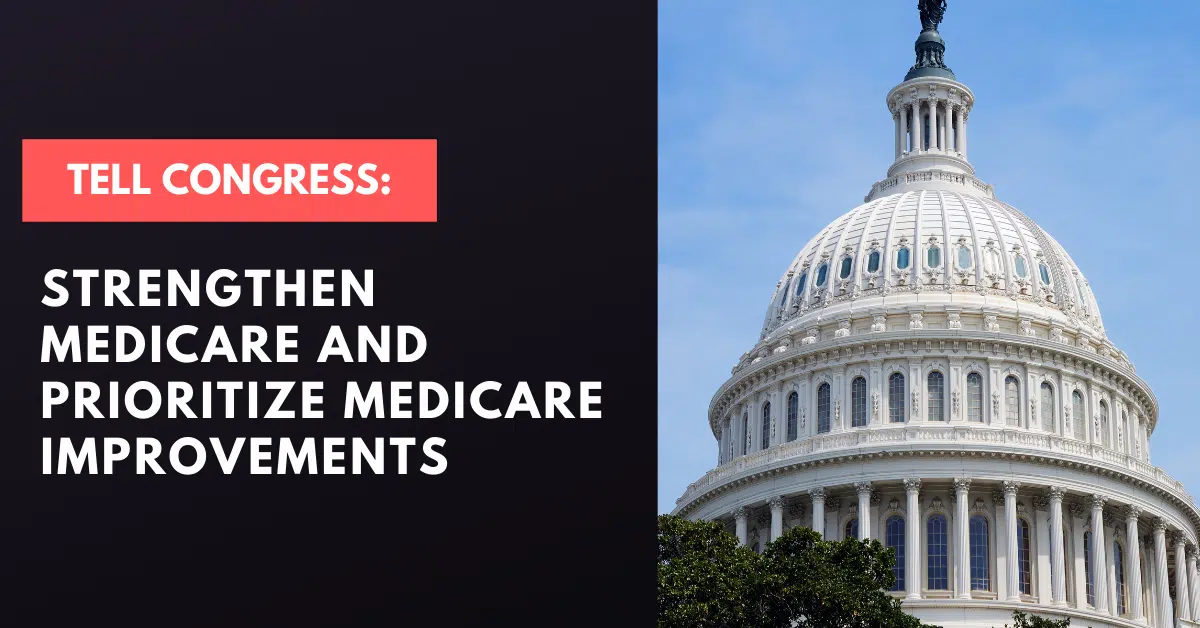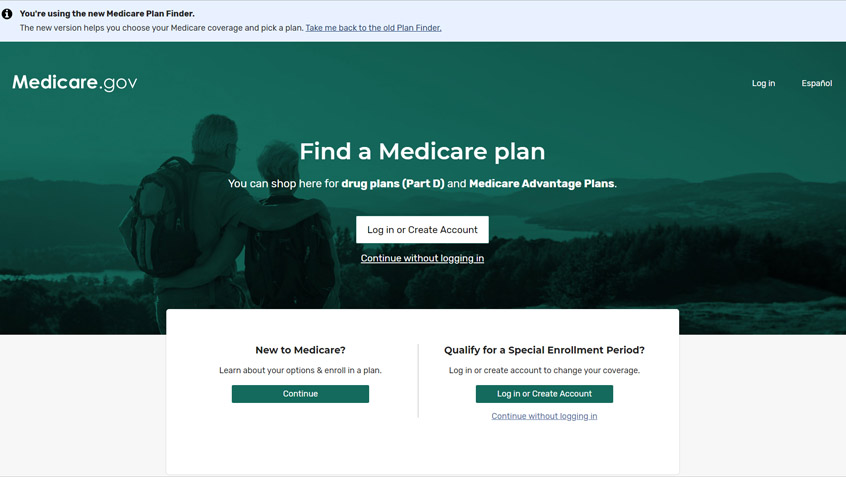
New Study Shows That People with Medicare Stayed with Their Providers for Telehealth
At the beginning of the COVID-19 public health emergency, policymakers relaxed rules around how people with Medicare could access telehealth
Join Us Live for a Discussion on Medicare, Democracy, and the Future of Health Care
Medicare Watch articles are featured in Medicare Rights’ weekly newsletter, which helps readers stay updated on Medicare policy and advocacy developments and learn about changes in Medicare benefits and rules. Subscribe now by visiting www.medicarerights.org/newsletters.

At the beginning of the COVID-19 public health emergency, policymakers relaxed rules around how people with Medicare could access telehealth

This week, Congress is working to reach a deal on the budget reconciliation bill. Critical health care reforms are on

There is significant public, bipartisan support for the Medicare policy changes lawmakers are considering for inclusion in the Build Back

Medicare Open Enrollment begins tomorrow, October 15, giving people with Medicare the option to shop for new coverage for the

The Centers for Medicare & Medicaid Services (CMS) recently announced Medicare will cover booster doses of the Pfizer COVID-19 vaccine without any

Some policymakers support “means testing” or “income relating” Medicare—making higher-income people pay more or get less—by raising premiums or cutting

Recent reports from the Kaiser Family Foundation (KFF) and the Center on Budget and Policy Priorities (CBPP) examine how key

This week, Medicare Rights joined with Justice in Aging to create a fact sheet showing how gains in Medicaid home-

Last week, the House Committees with purview over Medicare—Ways & Means and Energy & Commerce—finished marking up their sections of

The Kaiser Family Foundation (KFF) has released a timely exploration of the costs facing people with Medicare for dental, hearing,

At the beginning of the COVID-19 public health emergency, policymakers relaxed rules around how people with Medicare could access telehealth

This week, Congress is working to reach a deal on the budget reconciliation bill. Critical health care reforms are on

There is significant public, bipartisan support for the Medicare policy changes lawmakers are considering for inclusion in the Build Back

Medicare Open Enrollment begins tomorrow, October 15, giving people with Medicare the option to shop for new coverage for the

The Centers for Medicare & Medicaid Services (CMS) recently announced Medicare will cover booster doses of the Pfizer COVID-19 vaccine without any

Some policymakers support “means testing” or “income relating” Medicare—making higher-income people pay more or get less—by raising premiums or cutting

Recent reports from the Kaiser Family Foundation (KFF) and the Center on Budget and Policy Priorities (CBPP) examine how key

This week, Medicare Rights joined with Justice in Aging to create a fact sheet showing how gains in Medicaid home-

Last week, the House Committees with purview over Medicare—Ways & Means and Energy & Commerce—finished marking up their sections of

The Kaiser Family Foundation (KFF) has released a timely exploration of the costs facing people with Medicare for dental, hearing,